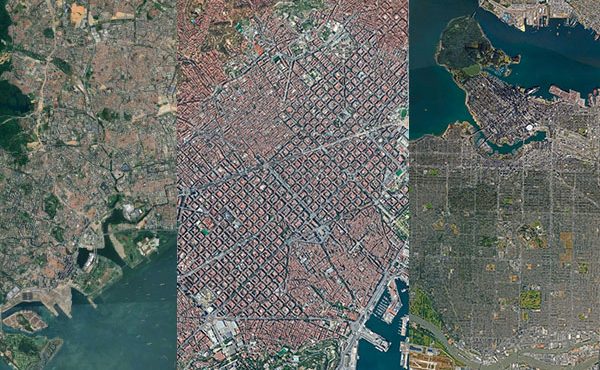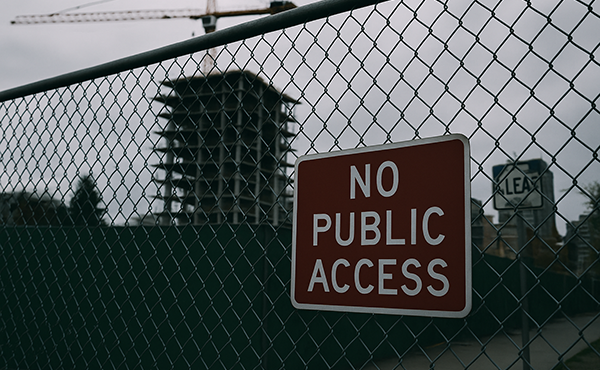
Via Staggering Media
Last year the City of Vancouver held a housing conference where experts shared their thoughts and observations. Things like:
- David Hulchanski – Our housing system is antiquated.
- Paul Kershaw – The market is crushing our youth
- Margo Young – Housing deserves to be a right
- Duncan Maclennan – Our workforce is leaving the city
- Eric Swanson – We need to act boldly
- Gillian Glover – Communities should be walkable
- Paul Smetanin – Housing is infrastructure, like highways and water supply
And so on, and so on, and so on.
Yet, according to a special investigator for the UN, “the housing crisis that I observed in 2007, 10 years ago, has become worse on virtually every level.”
This housing crisis was declared 10 years ago, so how is it we are worse off? And if we continue on this trajectory, what will the next 10 years look like?
For answers we went to the Housing Central Conference to talk to people who wake up and think about these issues every day.
[interviews]
So how do we make a course correction? Can we even turn this around? Will renters, who are of low and moderate incomes, be able to look up from the drudgery of just trying to pay their rent and make their voices heard? What can we do as individuals?
[interviews]
If civic engagement is the path towards reconnecting the City of Vancouver’s political decisions with the needs of renters, then the question is not, “How will they solve the affordability crisis?” but rather, “How will we fix it?”
Civic engagement is an opportunity everyone has to transform our communities, speak about our larger social fabric, and shape our society. So what is it going to be Vancouver? Will you participate in the governance of your communities or become a city of spectators as the place you call home gets further and further out of reach?


